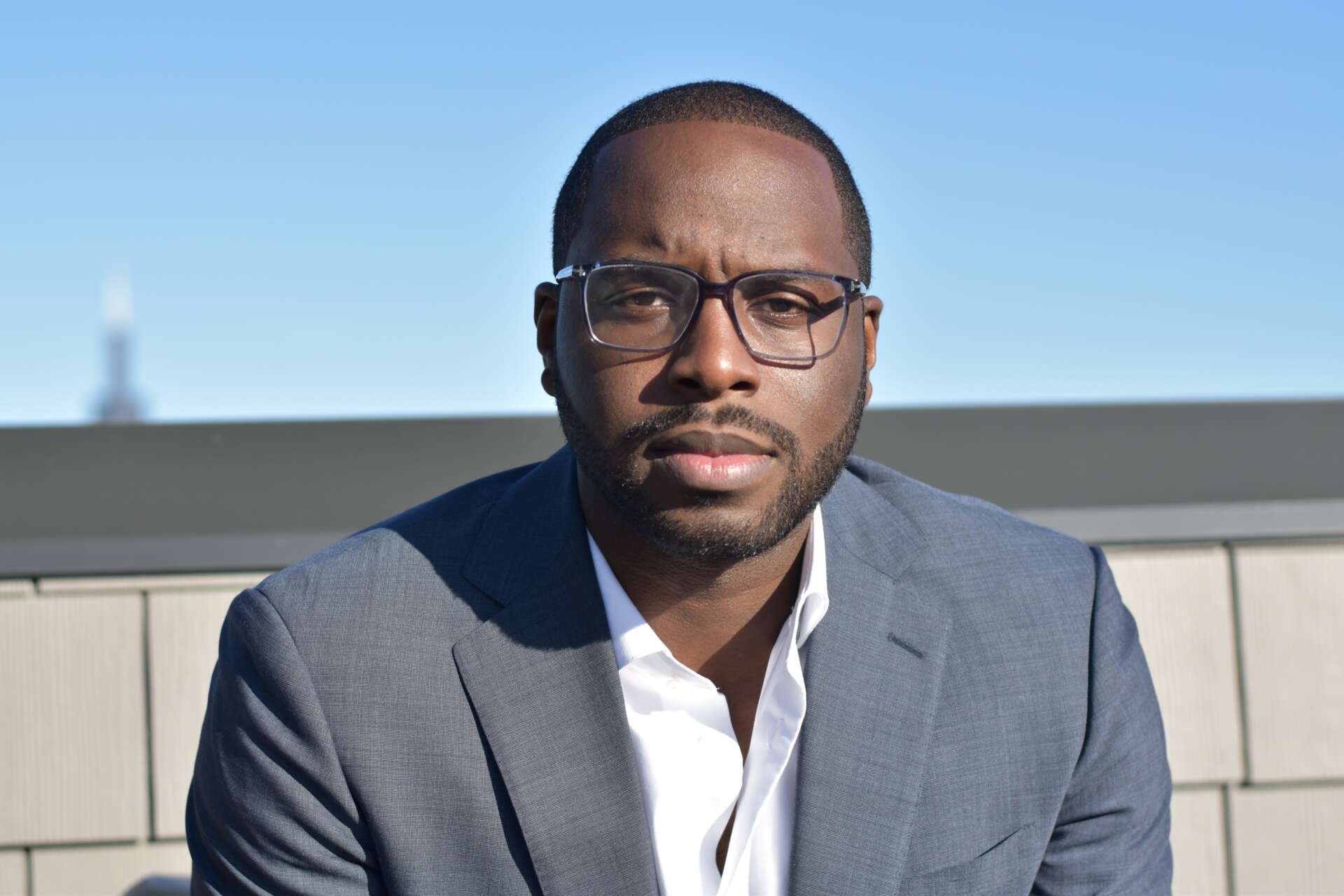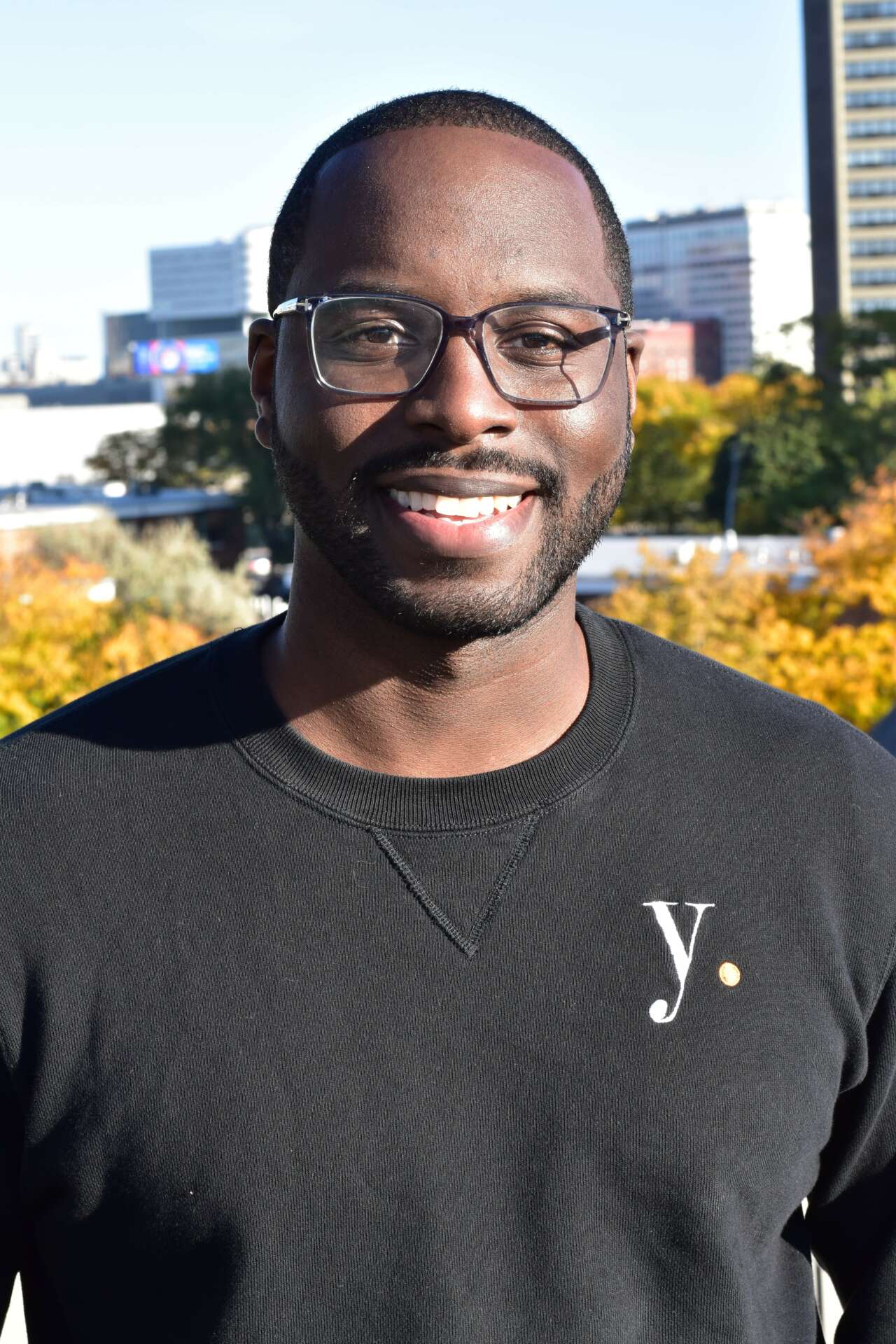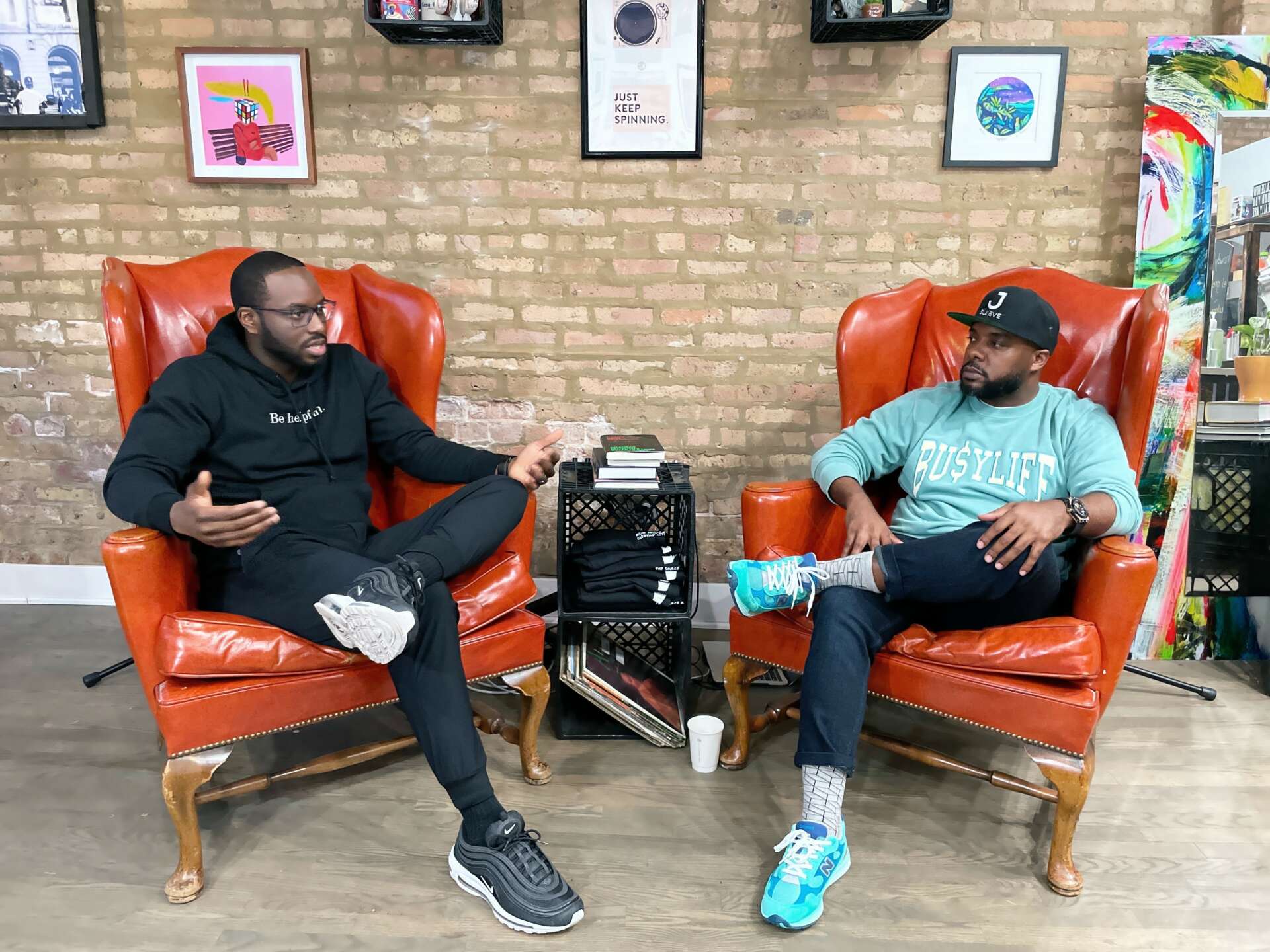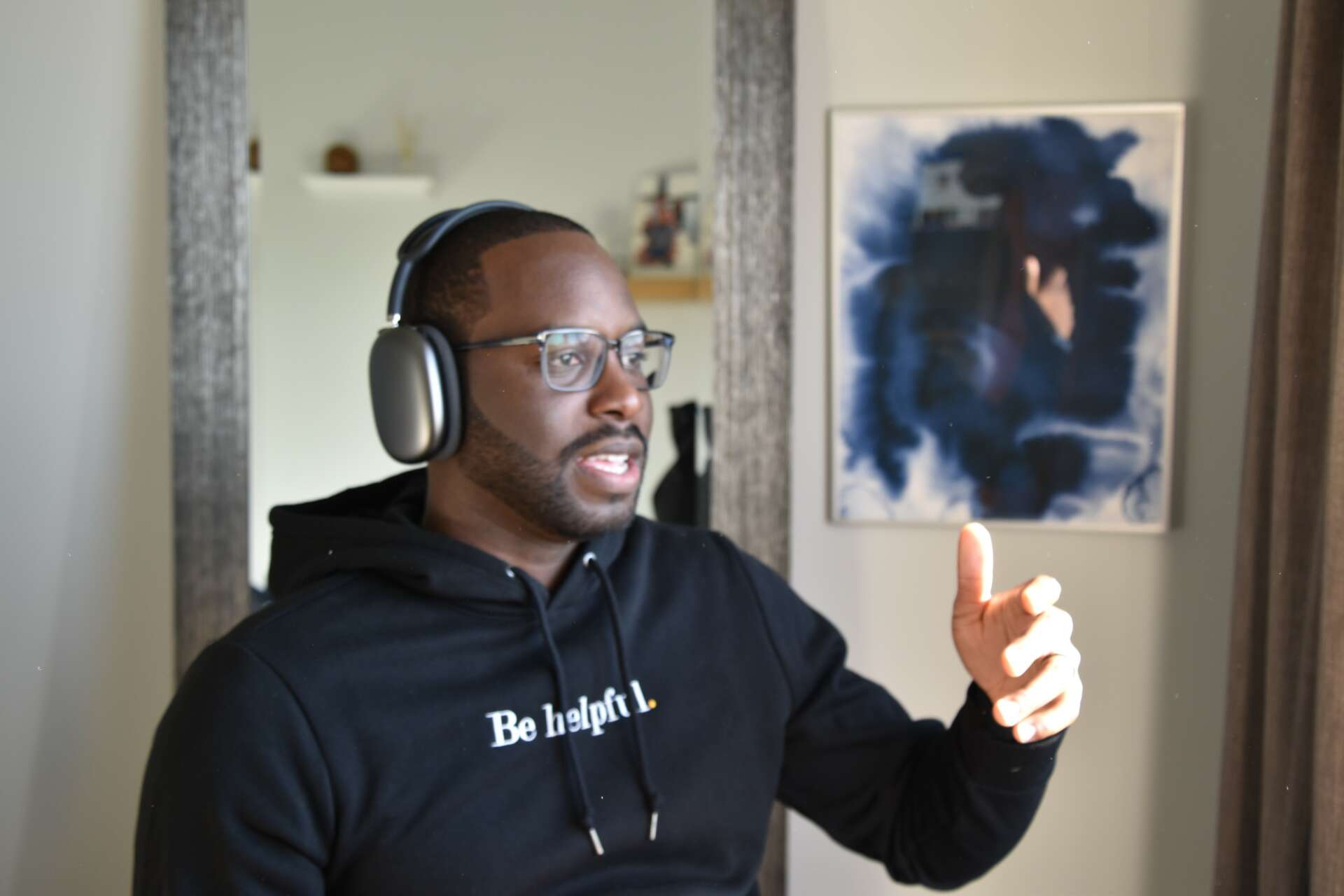We were lucky to catch up with Gboyega Adebayo recently and have shared our conversation below.
Gboyega, thanks for taking the time to share your stories with us today What do you think Corporate America gets wrong in your industry?
Much of Corporate America runs on the idea of people selling their time. Assuming a 4o hour work week, your salary represents the sale of 2,080 hours of your time. Furthermore, companies have gotten really good at beautifying this transaction with perks and sense of purpose. This encourages people to give more of their time (physically and mentally) to provide their employers more value; hoping for that bonus or big promotion.
Now I don’t think there is anything wrong with this trade, but I think Corporate America has discouraged people from pursuing their own dreams and passions in fear that it will take away from them getting that extra, 41st hour effort.
Over the last few years, I believe people have started to get a taste of freedom. With remote work, people can now live where they want rather than living where they work. Furthermore, it has become normal to go on a midday walk or reorganize your work hours based on your personal life demands. Additionally, people began rediscovering their passions and found new ones. In the “Future of Work”, I believe more people will look for ways to monetize their passions, generate income separate from their jobs, and have more choice on being an employee or a contractor.


Gboyega, love having you share your insights with us. Before we ask you more questions, maybe you can take a moment to introduce yourself to our readers who might have missed our earlier conversations?
My name is Gboyega Adebayo. My parents are both first generation immigrants from Nigeria. Growing up in Richmond, Virginia, I matured quickly trying to keep up with my 3 older siblings. Being a “businessman” was always my dream as a kid even when I dreamt of being being in the NBA. Business came natural to me and having an accountant for a mother and attending my dad’s MBA classes at 10 years old reinforced this strength. I have always been fascinated by how businesses work (e.g., how the run, how they make profit, how they serve their customers).
With an undergrad degree in political science and business leadership, I started my career at Fannie Mae working in Technology Business Management (TBM). Simply, I supported the business functions of Fannie Mae’s technology department, and I helped explain the value Technology delivered to the entire organization. This is where I became an Excel junkie. The more I used Excel at work, the more I started managing everything in my life outside of work with spreadsheets. As annoying as I was about Excel, my friends and family always wanted my spreadsheets. Whether it was a group trip budget tracker or analyzing the cost-benefit of getting an MBA.
After my time at Fannie Mae, I moved into management consulting at KPMG and advised some of the largest companies in the world on TBM. And this is where my obsession with PowerPoint came in. It helped me tell the stories of my complex spreadsheets. Although PowerPoint didn’t have the same value in my personal life as Excel, my coworkers would often ask for a template to repurpose a graphic or how I explained something.
Throughout my professional years, I always wanted a side hustle, but never found an idea I was passionate enough about to dedicate the time to pursue it. But I thought, what if I could sell the spreadsheets that I built in my spare time? This was the genesis of Yencil, a marketplace for knowledge professionals like me to sell downloadable files.
As we developed our MVP, I came up with the idea to start a podcast. With The Be Helpful Podcast I would have conversations with entrepreneurs and small business owners about the real-life challenges of being an entrepreneur — not the glitz and glamor we see on social media. My goal was to understand the needs of the people we anticipated buying the most products on Yencil. Ironically, it became my Masterclass on the life I was about to embark. These conversations quickly became a passion project of its own. I continuously found myself energized by each entrepreneurs story and realized the common challenges they faced. So the mission of the podcast soon evolved into building a resource center for entrepreneurs and small businesses. With the podcast, my goal is to not only inspire future entrepreneurs with relatable stories, but develop and share useful tools to get them started.
How did you put together the initial capital you needed to start your business?
Thus far, Yencil and the Be Helpful Podcast have not received any outside funding.
Both of these businesses were started while I was working full-time and my Yencil cofounders also work full time. So we directed our discretional income to the business.
Since leaving my job in May 2022, I scaled down my personal spending and manage myself to a much tighter budget. I take on independent contracting opportunities as needed to give myself the runway to continue building Yencil and BHP. Eventually we will want to bring on investors to free up our time to be 100% focused on building Yencil and building a bigger team.


Let’s talk about resilience next – do you have a story you can share with us?
Quitting your job, especially 3 months after having your first child is not an easy endeavor. Many would call it crazy! The first month without any income and completely relying on savings was a bit nerve wrecking. You start questioning whether you made the right choice at the right time. And you quickly realize that the answer isn’t black and white. I realized that I needed to leave my job for more flexibility and autonomy of my time, but I also was faced with the reality that neither of my businesses were in a position to support me financially.
Rather than spiraling on my decision, I focused on simplifying my goal and defining the associated cost. My goal was simple, I wanted more time to focus on building Yencil and BHP but I was not willing to rapidly bleed through years of personal savings given the new addition to my family. So I decided to allocate some of my time to independent consulting work. This would allow me to generate some revenue, set a salary for myself, but still have the autonomy to meter the faucet.
It has not been an easy balance, but it is something that I continue to work on. I had to reevaluate my own threshold for risk and find a solution that fit me. Too often we hear the story of throwing caution to the wind or going “all in”. I’ve had to challenge that a bit and accept that “all in” is relative. Leaving my job afforded me autonomy over my time and now I get to ask myself how I want to use every hour of my day.
Contact Info:
- Website: www.behelpfulpodcast.com
- Instagram: https://www.instagram.com/behelpfulpodcast
- Linkedin: https://www.linkedin.com/in/gboyegaadebayo/
- Twitter: https://twitter.com/gadebayo
- Youtube: https://www.youtube.com/@behelpfulpodcast


